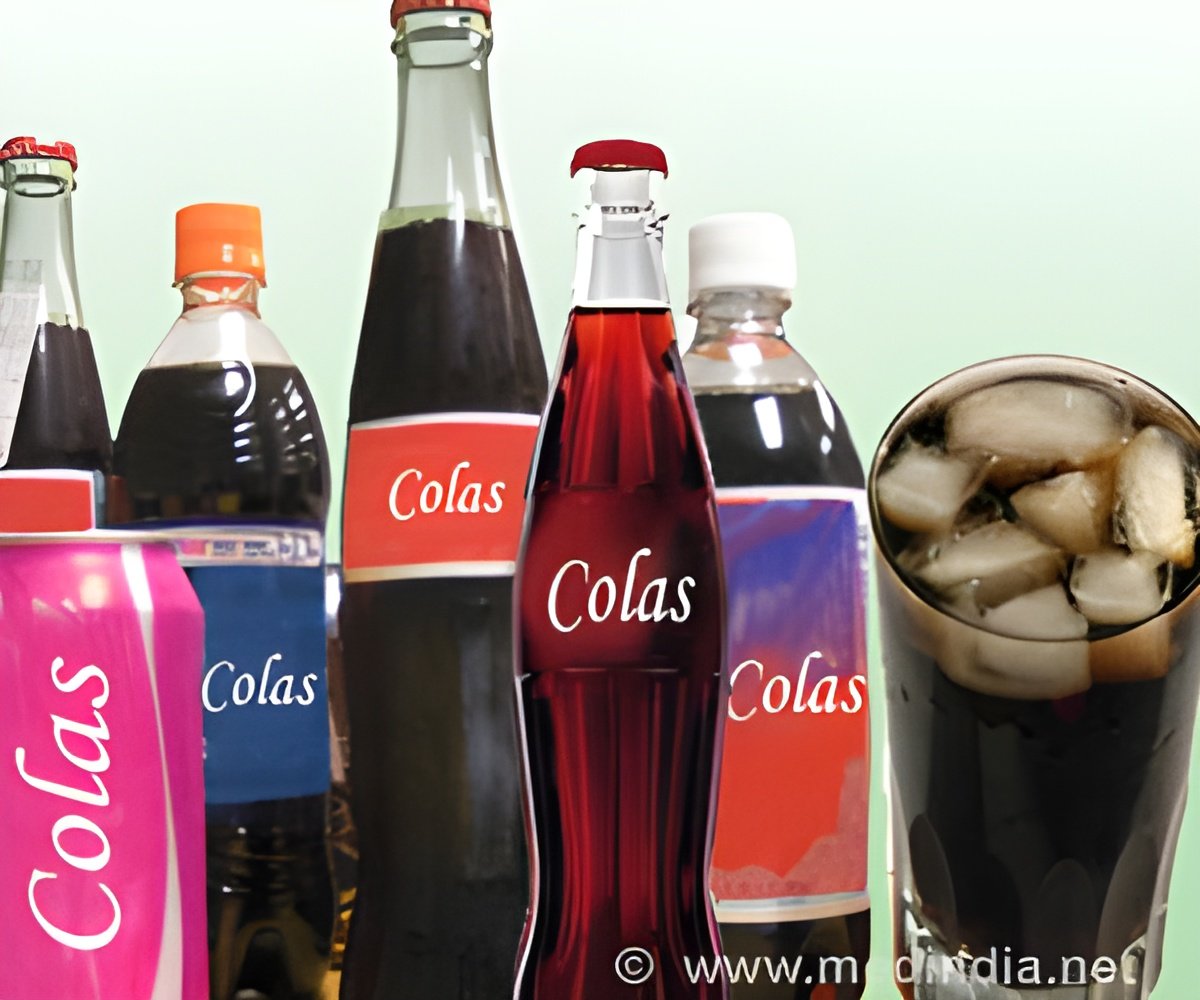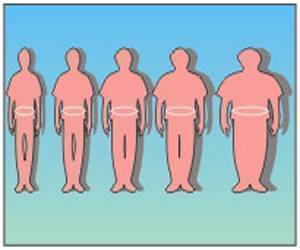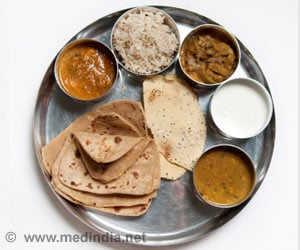Annual consumption of sugar-sweetened beverages increased from 2 liters to 11 liters in 2014, but the intake of traditional sugars has reduced.

The study published in the journal Circulation links consumption of sugary beverages such as sodas, fruit drinks, sports/energy drinks and sweetened iced tea to an estimated 184,000 adult deaths each year.
The study also found that Indians consume milkshakes, sweetened buttermilk or lassi which are high in calories and glycemic load.
However the intake of traditional sweeteners and sweets has reduced over the years. The per capita consumption of traditional sugars such as jaggery and khandsari dropped from 8.72 kg per annum in 2001 to approximately 5 kg per annum in 2011.
According to the study by Diabetes Foundation, easy availability of packaged sugary beverages including colas in rural and urban areas significantly contributed to higher per capita consumption. "The consumption pattern of sweets and beverages is rapidly changing among children as well. Importantly, sugar-sweetened beverages and other sugar-containing high calorie foods are easily available within and around school premises," the study said.
The role of mothers in food choices of children pointed towards strong association between dietary intake of children and their mothers. Packaged foods are preferred by mothers as they considered it to be healthy and hygienically prepared.
Advertisement
Increased consumption of sugar-sweetened beverages causes lifestyle diseases like diabetes, heart disease and even cancer.
Advertisement
Misra, who is also a researcher of the Indian study, said the impact of such beverages could be high on Indians because they already have higher NEFAs, insulin resistance, hepatic steatosis and dysglycemia than white Caucasians.
Source-Medindia











